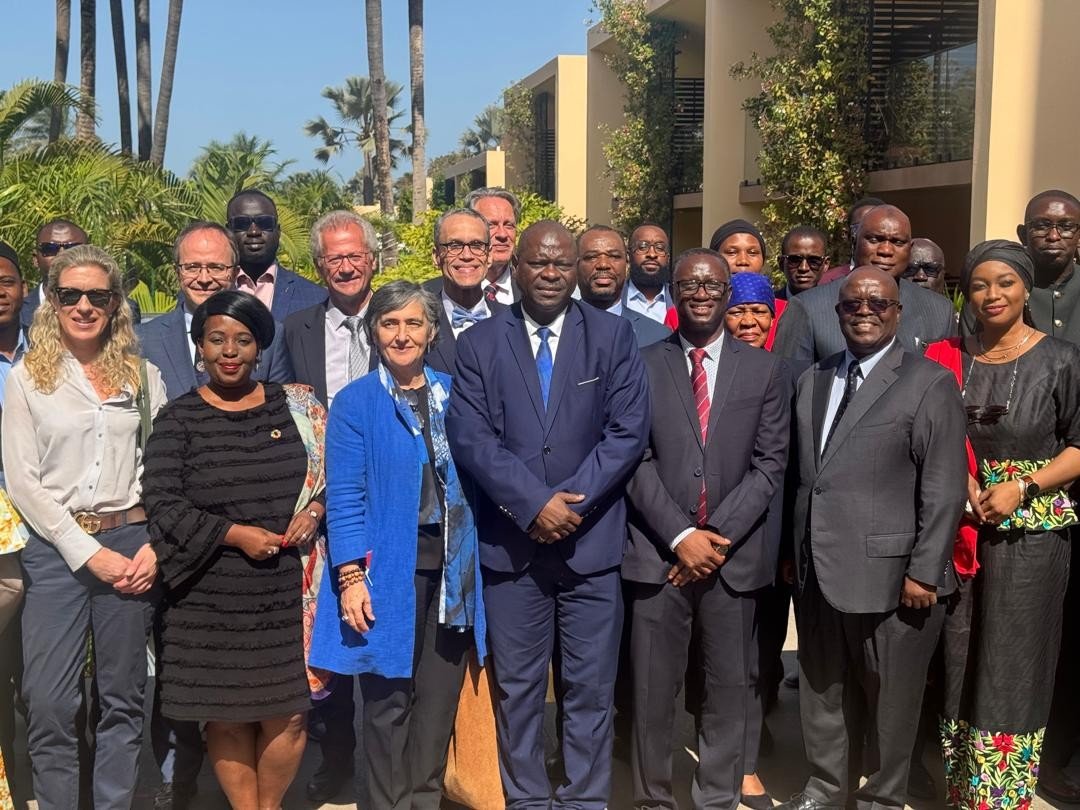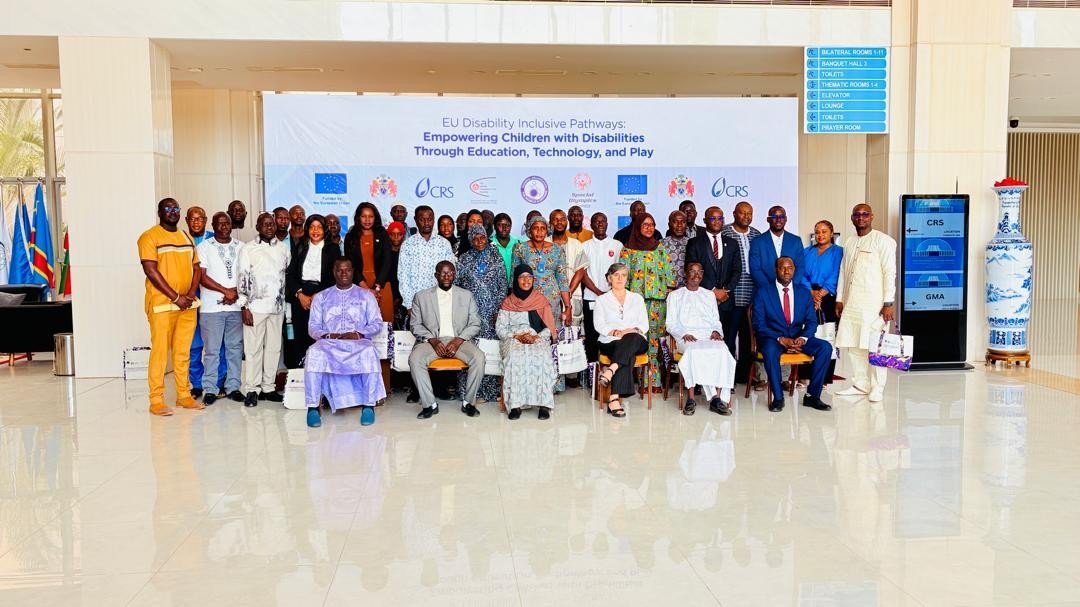The West African Bankers’ Association (WABA) has continued to enhance payment and settlement systems across the region and beyond.
In its quest to foster this goal, WABA started a four-day rigorous training for bank professionals across the region on Monday 24 February 2025 at the Sir Dawda Kairaba Jawara International Conference Centre in Senegambia.
The workshop brought together bankers from The Gambia, Ghana, Senegal and Sierra Leone to further equip them with the technical expertise and knowhow to successfully conduct their work or service in the financial industry.
Prioritizing capacity-building initiatives, the training drew expertise from such personalities as Professor Ezekiel Kalvin Duramany-Lakkoh, Dean and Lecturer at the Institute of Public Administration and Management (IPAM), University of Sierra Leone; Dr Serigne Momar Seck, Chief Economist at the Financial Integration Department, West African Monetary Agency (WAMA); Mr Karamo Jawara, Director of Payment Systems, Central Bank of The Gambia; Ms Monica Oraro, Head of Product and Business Development, Pan-African Payment and Settlement System (PAPSS), and Mr Souleymane Tall, Director of Financial Integration, West African Monetary Institute (WAMI).
“We are incredibly fortunate to have such esteemed facilitators guiding us through this crucial training. Their depth of knowledge and passion for financial innovation make them the perfect mentors for this session,” stated Pa Alieu Ndow, Executive Secretary of the Gambia Bankers Association, in his welcoming remarks on the occasion.
He commended WABA for organizing the training, saying it is important for the continued development of professionals in the banking sector.
Mr Ndow said the training was timely as the banking sector is facing increased demand for secure, efficient, and technologically advanced financial services.
Speaking about the importance of enhancing cross-border payment systems, WABA Secretary General Alhagie Jeng said: “The issue of cross-border payments is one of the most pressing challenges facing the banking sector today. Our customers expect seamless, fast, and highly secure financial transactions that extend beyond national borders. Meeting this demand requires banks to embrace new technologies, regulatory frameworks, and financial infrastructure that ensure smooth and efficient operations.”
WABA remains committed to equipping banking professionals with the necessary skills and expertise to navigate the complexities of cross-border payments, he added.
“Banking is no longer just about providing traditional financial products. It is a knowledge-intensive industry that demands continuous learning and adaptation to new challenges, including risk management, compliance, financial analysis, and advanced transaction processing,” he said. “This is why WABA prioritizes capacity-building programs that empower financial professionals across the sub-region.”
The training consultant for WABA and a faculty member at Oxford University Business School, Professor Ezekiel Kalvin Duramany-Lakkoh, emphasised the significance of cross-border payments across the financial world.
“Cross-border payment systems have already evolved significantly in many parts of the world, and it is crucial that West African banking professionals are equipped with the latest knowledge, tools, and strategies to remain competitive in this space,” the Professor said, adding that the training would expand the expertise of those already involved in cross-border transactions, to get them to understand new technologies, regulatory challenges, and opportunities for improvement.
Professor Lakkoh commended WABA for its commitment to professional development in the banking sector, as well as the Gambia Bankers Association for hosting the workshop.
Head of the Payment Systems Unit at the Central Bank of The Gambia (CBG), Momodou Lamin Jarjue, who represented the Second Deputy Governor of CBG, highlighted the critical role of the Pan-African Payment and Settlement System (PAPSS) in revolutionizing cross-border transactions across Africa.
“The introduction of PAPSS is a significant milestone in our journey towards financial integration across the continent,” he stated, adding: “This system provides a centralized payment and settlement infrastructure, ensuring that transactions across African borders are conducted securely, efficiently, and in real-time.”
PAPSS is the result of extensive consultations between Afreximbank and the African Union, designed to facilitate faster and more cost-effective transactions across African markets.
“By minimizing transaction risks and reducing reliance on foreign currencies, PAPSS enables African businesses and financial institutions to operate more efficiently within the framework of the African Continental Free Trade Agreement (AfCFTA),” Mr Jarjue said. “This initiative is paving the way for deeper financial integration and enhanced economic collaboration across the region.”
He further highlighted the significance of government policies and regulatory frameworks in shaping the ecosystem of the financial industry, saying: “Our role as bankers extends beyond facilitating transactions. We must actively engage with policymakers and regulatory authorities to advocate for an enabling environment that fosters financial innovation while ensuring compliance and security. It is through such partnerships that we can drive meaningful progress in the financial sector.”






